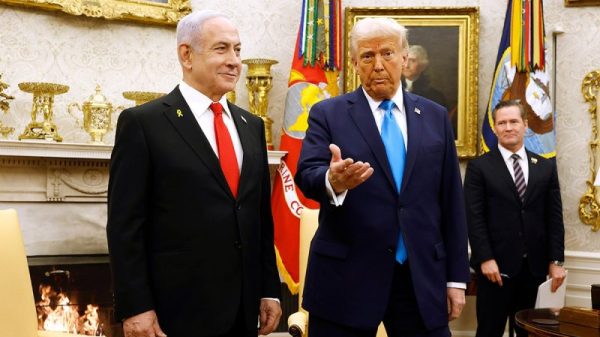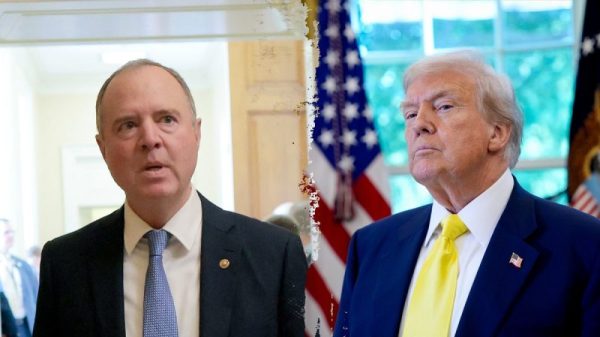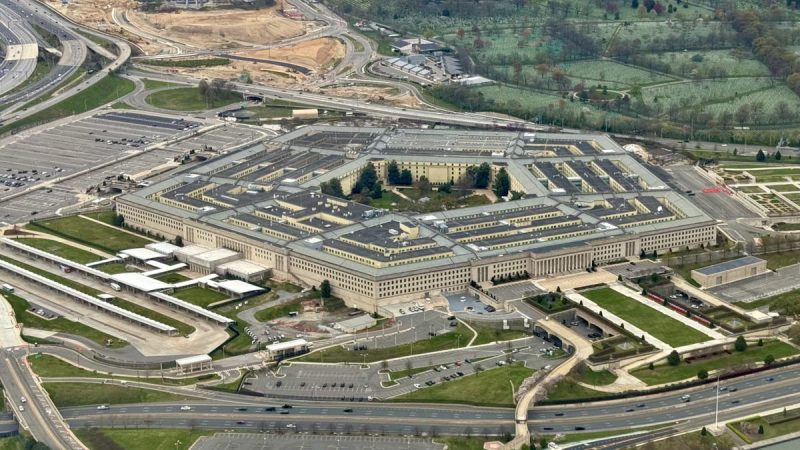The recent nomination of Pete Hegseth as Secretary of Defense has sent shockwaves through the Pentagon as officials brace for sweeping changes. Hegseth, a former military officer and prominent conservative commentator, brings a different perspective to the role compared to past Secretaries. His nomination has raised concerns and sparked debate among defense officials and experts.
One of the key areas where Hegseth’s nomination is expected to bring changes is in national security policy. As a vocal proponent of a more aggressive foreign policy approach, Hegseth is likely to push for increased military intervention and a more assertive stance on international conflicts. This shift could have significant implications for the military’s strategic priorities and resource allocation.
Another area that is likely to see changes under Hegseth’s leadership is military personnel and readiness. Hegseth has been a vocal critic of certain aspects of military culture and has called for reforms to recruitment and training practices. His focus on promoting a more disciplined and combat-ready force could lead to changes in how the military operates, including potentially increasing training exercises and deployments.
Additionally, Hegseth’s nomination is expected to usher in changes in defense spending and acquisition. With a background in conservative policy circles, he is likely to prioritize streamlining defense procurement processes and cutting costs where possible. This could mean a shift in funding priorities, with a greater emphasis on investing in new technology and modernizing the military.
Overall, the nomination of Pete Hegseth as Secretary of Defense represents a departure from past leadership styles and priorities. His willingness to challenge the status quo and push for reforms is expected to bring about sweeping changes within the Pentagon. While some may view his nomination with skepticism, others see it as an opportunity to reinvigorate the military and adapt to new geopolitical challenges in the modern world.


































